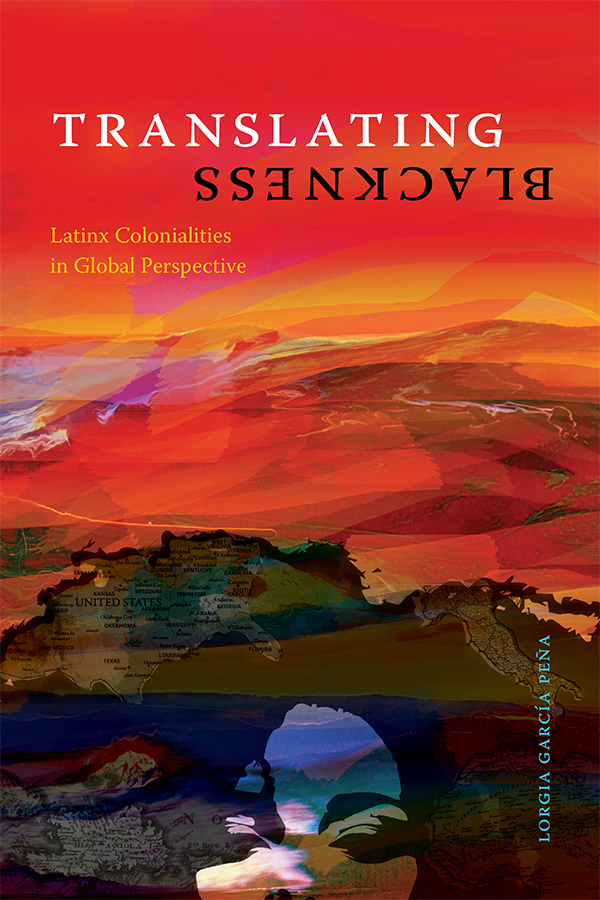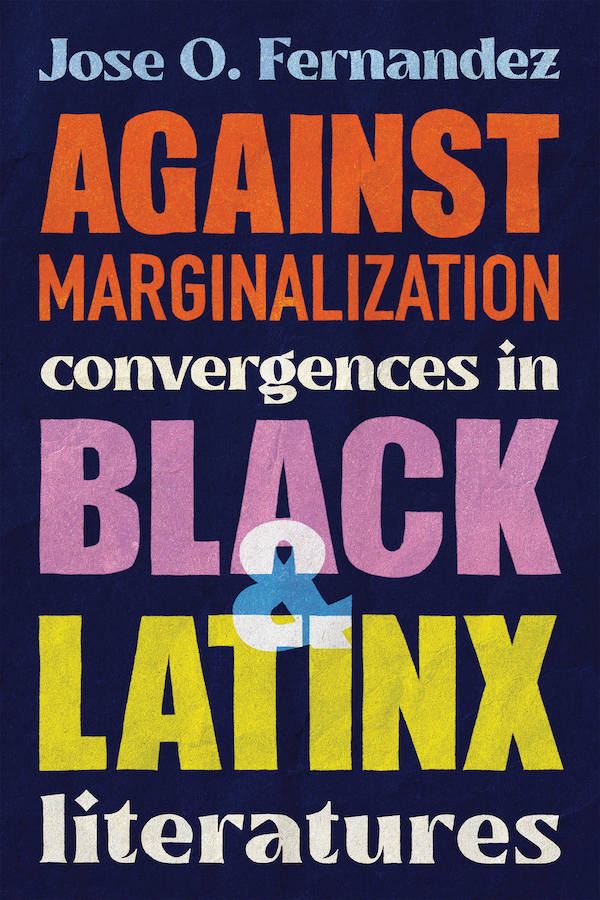Encouraged by state requirements for prepackaging, Black and Latinx producers and distributors of legal cannabis in California have developed novel, symbolically and socially significant forms of marketing. Black and Latinx cannabis industries have developed their own “commodity aesthetics,” using product packaging, live events, and social media to entice buyers with a combination of beautiful sights, smells, textures, signs, and symbols that represent the contradictions of working-class Black and Latinx life in contemporary California. Black and Latinx cannabis popular cultures combine images of freedom and transcendence with depictions of the low wage jobs that many Black and Latinx people work. This is because, rather than an impediment to work, cannabis consumption is a kind of support for or accessory to labor. Many consumers use cannabis to dull the tedium and pain of labor and to sustain them throughout the workday. This essay provides a critical overview of Black and Latinx cannabis marketing in California, and its targeting of working-class consumers of color. While I discuss several examples, my central case study is the successful Black and Latinx cannabis distributor Teds Budz. I draw on interviews, ethnographies of live cannabis events, and visual studies of cannabis packages and social media, arguing that seemingly “escapist” qualities in cannabis culture critically foreground the material limits of the world from which Black and Latinx workers are trying to escape. Cannabis commodity aesthetics, I conclude, promise people of color an exit from the drudgery of work that can also tighten their ties to low wage jobs.
Keyword: Latinx
Review of Translating Blackness: Latinx Colonialities in Global Perspective by Lorgia García Peña (Duke University Press)
In Translating Blackness, Lorgia García Peña offers a transnational conceptualization of Black Latinidad. Framing Black Latinidad as an epistemology, García Peña traces its historical and contemporary formations through the lives and the work of historical Black Latinx intellectuals as well as contemporary Black and Black Latinx individuals in the Carribean, Italy, and the United States. García Peña approaches Black Latinidad as produced through vaivén—coming and going across physical and symbolic borders of nation-state and migrant-citizen categories that characterizes the sociological position of Black Latinx individuals.
Review of Against Marginalization: Convergences in Black and Latinx Literatures by Jose O. Fernandez (The Ohio State University Press)
Jose O. Fernandez’s Against Marginalization: Convergences in Black and Latinx Literatures is an innovative project that takes conversations about literary and cultural history in a new direction. Recognizing the efforts of Black and Latinx scholars in crafting distinct literary traditions and histories, Fernandez uses his book to argue for cross-ethnic literary studies and identify similarities between Black and Latinx traditions. This endeavor revolutionizes conversations about literary history of the United States and challenges narratives of exclusion and silencing. This book serves to show the importance of knowing the names of authors and artists, and the communities that fought for them, because they make up the fabric of US history. To learn those names next to Faulkner, Twain, Hemingway, Steinbeck, and Fitzgerald not only makes them part of American literary tradition but also spotlights their absence and exclusion in a way that expands the boundaries of “literary tradition.” This review takes seriously Fernandez’s project, which opens exciting avenues for cross-ethnic historic study while also examining opportunities for future study.
Review of The Cultural Politics of U.S. Immigration: Gender, Race and Media by Leah Perry (NYU Press)
Leah Perry’s The Cultural Politics of U.S. Immigration: Gender, Race, and Media is a timely exposition of how our racialized and gendered immigration paradigms came about as well as what makes them uniquely neoliberal. Perry offers a meticulous account of immigration reform in the 1980s and 90s—including how it negotiated, accommodated and ultimately co-opted the gains of feminism and multiculturalism—while also showing how its discourses were refracted in popular culture and thus within the lived experience of a hegemonic neoliberalism. Perry’s analysis that will interest scholars of media, popular culture, and immigration policy alike, and that, in the true spirit of humanistic inquiry, reveals the work of culture in the circuitry of power.



